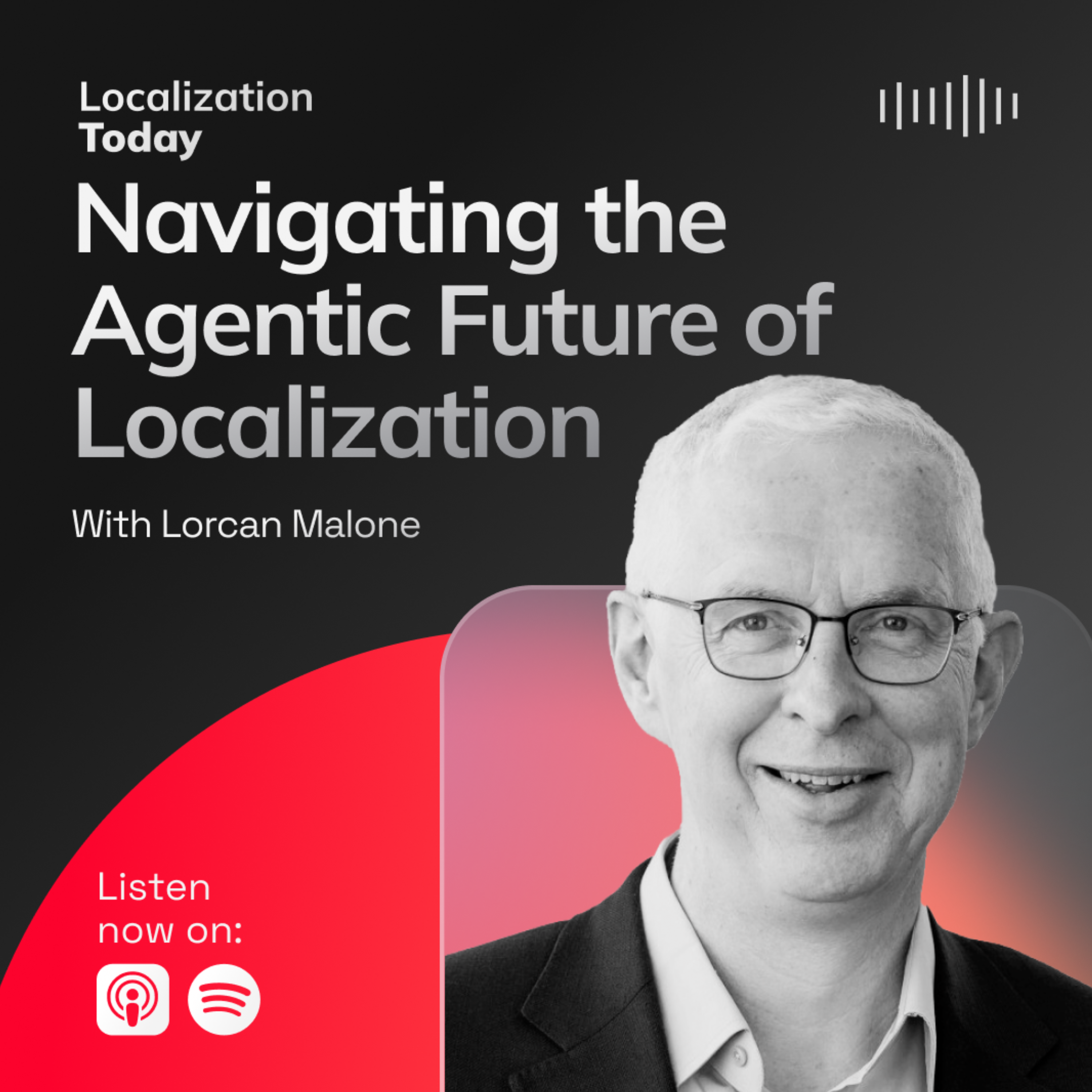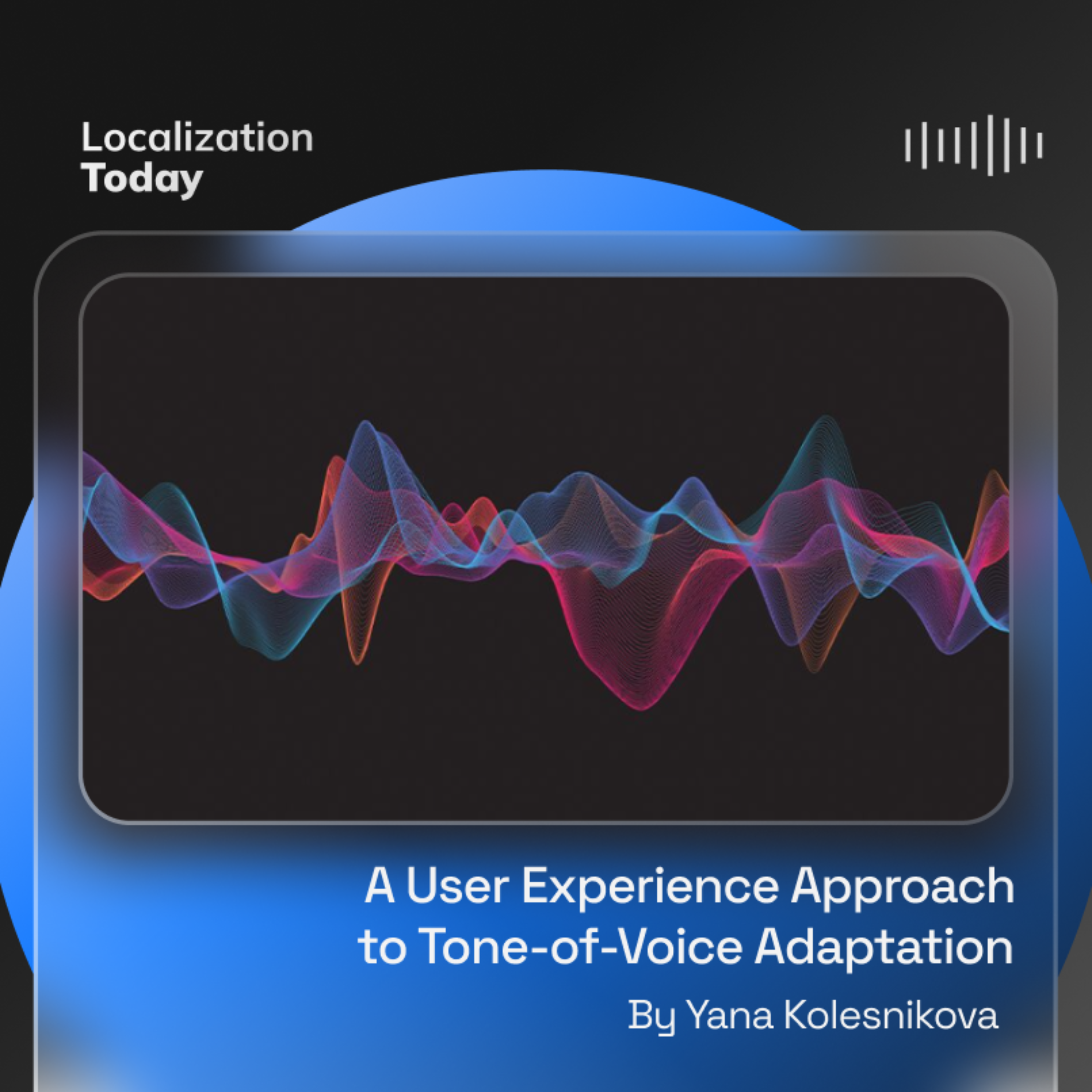Episode Transcript
[00:00:00] A voice beyond the microphone. Euandro McCallan Last month I had the privilege of delivering the keynote address at Vamos Juntos in Mexico City. What made this event stand out was the bold decision by the organizers to center a discussion on conference interpreting within a conference largely tailored to localizers and language service providers, LSPs. It was a commendable move, one that highlights the growing recognition of interpretation as a critical yet often misunderstood profession. My keynote address, titled Inside the Mind of an why they Drive youe Crazy and how to Win Them over, was aimed at LSP owners and project managers who often find interpreters to be difficult, unresponsive, or even arrogant. My argument these perceptions arise from a fundamental misunderstanding of the psychological landscape in which interpreters operate. To manage interpreters effectively and foster goodwill, LSPs must first understand what's happening inside their minds. The High Stakes World of Interpreting Interpreting is a high risk occupation. The moment an interpreter steps into the booth, they relinquish control over nearly every variable that affects their work. They cannot dictate what will be said, how fast it will be spoken, or whether the speaker's ideas will be logical or intelligible. They may encounter unfamiliar accents or unclear audio. Positioned far from the speaker, they have no way to slow things down or ask for clarification. And then there's the booth itself, often a small, glassed in poorly ventilated space shared with a colleague they may not know well or may not be compatible with. In this confined environment, they must summon complete focus to render not just words but meaning, nuance, and emotion into another language in real time. A life of glamour and invisibility.
[00:02:04] Granted, there is a certain prestige to the profession. Interpreters stand on the same stage as world leaders, captains of industry, and cultural icons. For the duration of an event, they are in the spotlight. But as soon as the lights dim, they fade into the background. Dignitaries who moments ago relied on their words will nod a quick thank you before moving on.
[00:02:27] Outside the venue, interpretas are anonymous. This stark contrast between fleeting visibility and enduring invisibility creates a unique psychological challenge. Some interpretas overcompensate for this with an air of self importance. Others turn inward, feeling that their voices, though constantly in use, are never truly heard. After all, their entire careers revolve around expressing the thoughts of others. Rarely do they get the opportunity to share their own ideas. This can lead to frustration, cynicism, and an acute longing to be recognized as more than just a conduit for someone else's message. The historical burden of interpreters interpreting is one of the oldest professions in the world, yet its roots are far from glamorous. Historically, interpreters were often coerced into the captives, enslaved individuals, or those forced into arranged marriages to bridge cultures. Even in modern times, interpretas operate in morally ambiguous spaces. Are they serving one party over another? Are they betraying their people by acting as intermediaries? This inner conflict lingers in the profession's DNA. The introduction of simultaneous interpretation. Now the dominant mode carries its own burden. It was first used on a large scale at the Nuremberg trials, a setting that underscored both the power and the weight of the interpreter's role in a courtroom beset with grief and horror. Winning over your INTERPRETERS this dynamic of being both essential and invisible shapes the way interpreters see themselves and interact with the world around them. It also explains why so many of the tensions between interpreters and LSPs stem not from unwillingness but from a fundamental disconnect in understanding. Bridging this gap requires more than logistical efficiency. It calls for a shift in how interpreters are perceived and engaged. How, then, can LSPs and managers build stronger, more productive relationships with them? First, recognize their craving for relevance. Give them a voice beyond the microphone. Allow them to contribute insights, participate in discussions, and feel like integral members of the team rather than interchangeable resources. Second, create a sense of community. Interpreters work in isolation far more than translators, and they need spaces, physical or virtual, where they can share experiences, seek advice, and support one another. Finally, ensure that those managing interpreters are interpreters themselves. Coordination is vastly more effective when led by someone who understands the pressures of the job firsthand. Crucially, remember that interpreting is not like translation. There is no luxury of revision, no buffer of time. They are chasing the wind, and once words leave their lips, there is no taking them back. For any LSP that is serious about strengthening its relationships with interpreters, success hinges on three key principles.
[00:05:40] Master the love languages of interpreters. Build bridges through a strong sense of community. Be kind yet firm in a relationship built on trust.
[00:05:51] If nothing else, I hope attendees left Vamos juntos with a mantra I repeated at least a dozen times. Listen to your interpreters. Their voices matter not just when the microphones are on, but perhaps more so when they are off.
[00:06:07] This article was written by Euandro Macallan, a conference interpreter, former chief interpreter in the United nations system, interpreter, trainer, and language technology advocate. He is a TEDX speaker and the author of three books, including the Language Game, originally published in Multilingual Magazine, Issue 238, March 2025.


